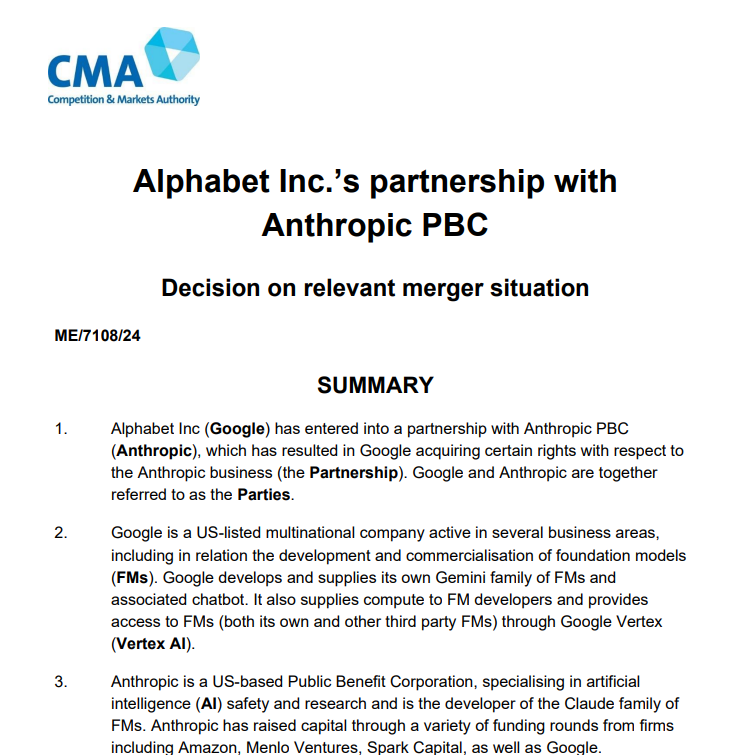
11-21 #LifeAsItIs : AMD is allegedly setting its sights on the mobile industry; Samsung’s ALoP is a future telephoto camera solution; Bose has acquired the McIntosh Group; etc.

Tim Millet, vice president of Platform Architecture (Hardware Technologies) at Apple, is clear about what differentiates the company’s silicon strategy and why it can outperform the competition continuously. Tom Boger, Vice President of Mac Product Marketing at Apple, has underlined that it was unusual to see this “pace of innovation year after year after year” when it comes to silicon. Millet further explained what gives Apple silicon an edge now, saying Apple takes advantage of the 3 major components, the architecture, the design, and the process technology. Their fourth tool, which he claimed is their secret weapon, is their ability to co-design these amazing chips with the system teams and the product designers as they are imagining possibilities.(Apple Insider, The Indian Express)
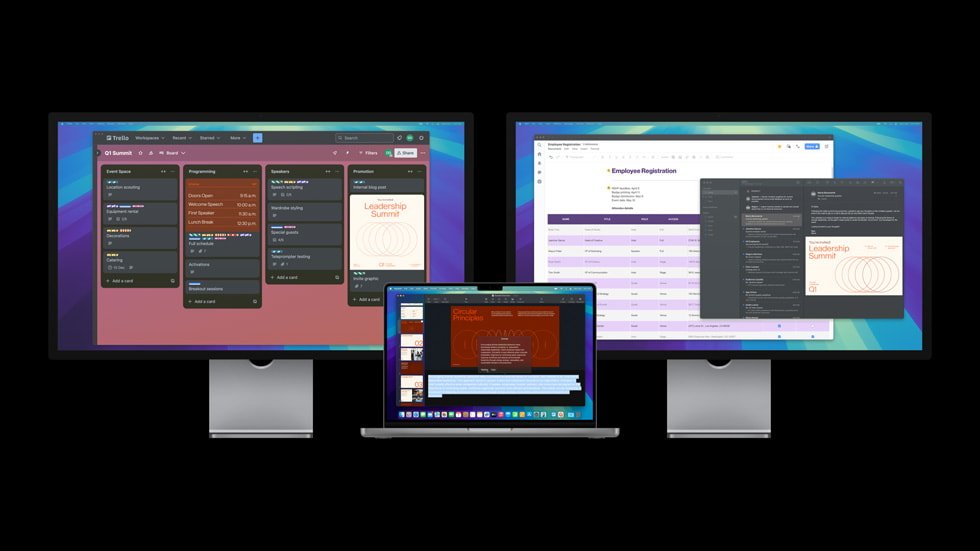
Advanced Micro Devices (AMD) is allegedly setting its sights on the mobile industry and will allegedly introduce “APU-like” Ryzen AI SoCs into the industry, competing head-to-head with the likes of Qualcomm and MediaTek, who are in the pursuit of establishing grounds in the PC markets. AMD is rumoured planning to introduce “Ryzen AI” chips, like what is found in handheld devices, which suggests that the firm will likely have an implementation similar to what we saw with Phoenix, Hawk Point, and Strix Point APUs, where the core focus was on optimal power-to-performance ratios. (CN Beta, WCCFtech, Yahoo, Insider Monkey)
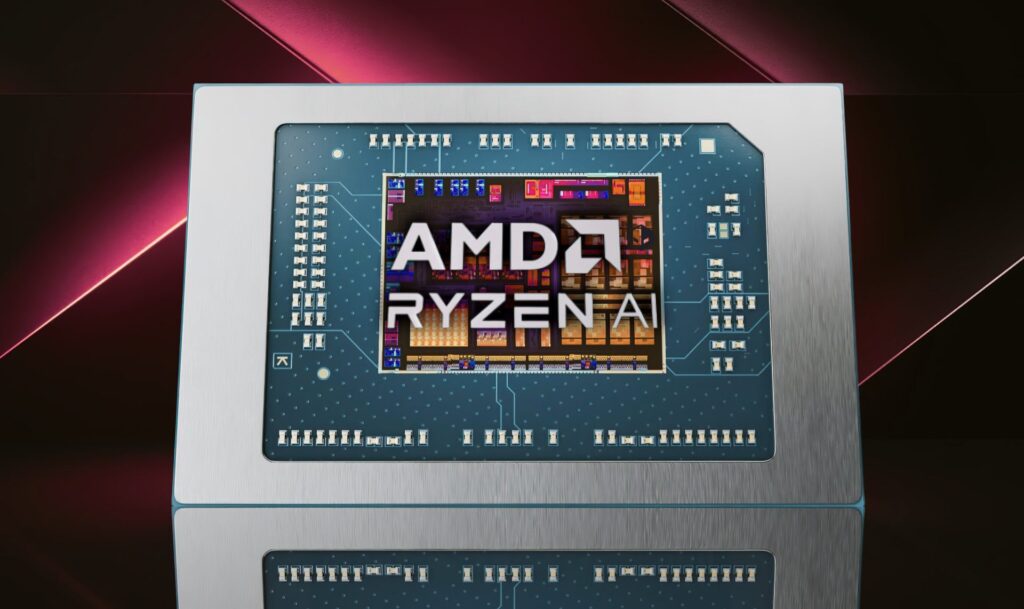
Silicon Valley startup d-Matrix is shipping its first AI chip aimed at delivering services such as chatbots and video generators. D-Matrix, which has raised more than USD160M in funding to date, including from Microsoft’s venture capital arm, said early customers are testing sample chips, with full shipments expected to pick up in 2025. The company did not name any specific customers but said Super Micro Computer will sell servers that can hold d-Matrix chips. (CN Beta, Reuters, Yahoo, C114)
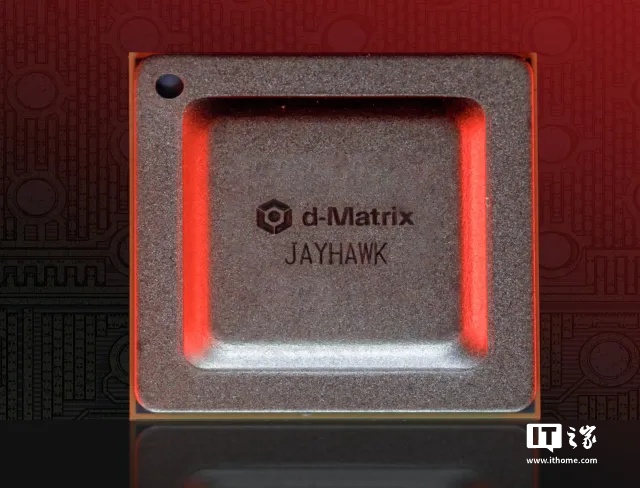
Huawei is reportedly designing its next two Ascend processors, its answer to Nvidia’s dominant accelerators, around the same 7nm architecture that has been mainstream for years. US-led restrictions prevent Huawei’s chipmaking partners from procuring state-of-the-art extreme ultraviolet lithography systems from ASML. That means its marquee chips will be stuck at aging technology till at least 2026. Huawei’s main production partner, Semiconductor Manufacturing International Corp (SMIC), is struggling to churn out even 7nm chips at steady volumes. The company’s 7nm production lines have been plagued by poor yield and reliability issues. Huawei needs tens of millions of Kirin-branded processors for its own smartphones every year, and aims to make hundreds of thousands of Ascend AI chips. (Android Headlines, Bloomberg, Fortune, Yahoo)
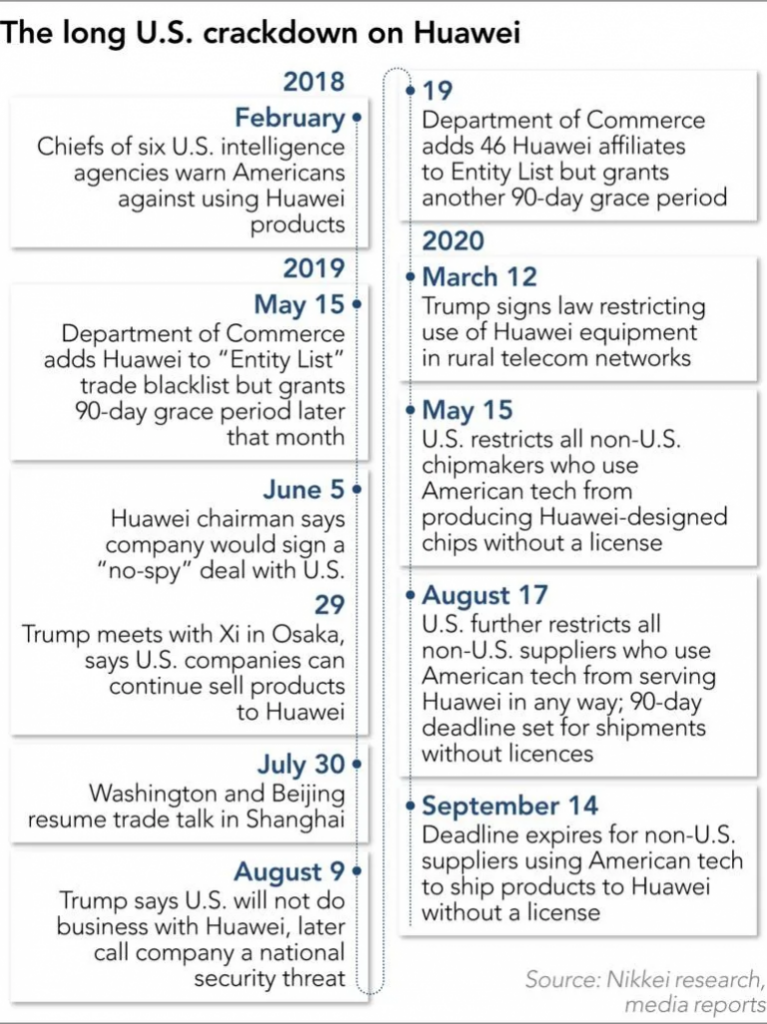

The US International Trade Commission (ITC) has made a preliminary decision regarding a patent dispute between Samsung Display and BOE. The ITC found that BOE has infringed on certain Samsung Display patents. In the dispute, Samsung had requested a ban on the import and sale of products that infringe on these patents within the United States. The ITC has not granted that request at this time, though Samsung is expected to ask for the request to be reexamined. The ITC said that “there is no impact on the industry in the United States”. OnePlus is perhaps the biggest name that uses BOE across many devices in its lineup, including its flagships. (Android Authority, Android Headlines, 9to5Google, The Elec)
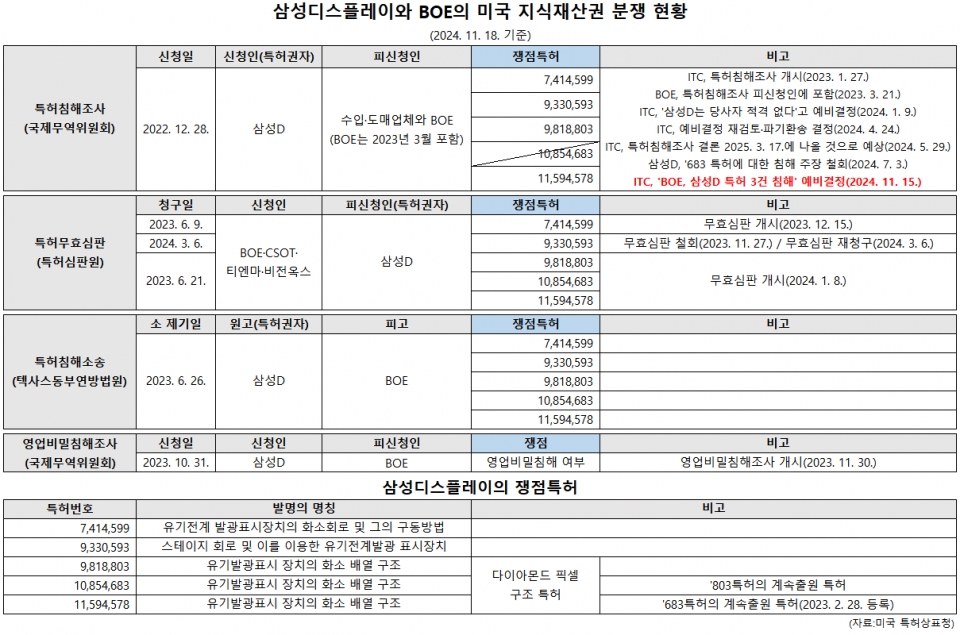
OnePlus could launch a flip-style foldable alongside the OnePlus Open 2 in 2Q25. The phone could be part of the OnePlus Ace series. OnePlus’ flip phone will likely be a rebranded OPPO Find N Flip model, given that the OnePlus Open was essentially a rebadged OPPO Find N3.(Android Authority, Weibo)

Display Supply Chain Consultants analyst Ross Young has revealed that Samsung will launch a Fan Edition of the Galaxy Z Flip 6 in 2025. He also notes that the phone will use the same display as Galaxy Z Flip 7 to be launched in 2025. Samsung will likely use an older chipset at the heart of the Z Flip FE, potentially in conjunction with less storage than the Z Flip 7. The camera is also another likely target for cost-cutting. the Galaxy Z Flip SE should cost around USD700, making it much more affordable and cheaper than the Galaxy Z Flip 7, which should retain the same USD1,099 price tag as the Z Flip 6. (Android Central, Twitter, Forbes, Android Police)

Samsung Display has successfully localized the Ag etchant, a core material for small and medium-sized organic light-emitting diodes (OLEDs). This marks a significant shift in the supply chain, which had been monopolized by the Japanese company Dongwoo Fine-Chem for 17 years. Samsung Display began applying ENF Technology’s Ag etchant to its OLED lines from 3Q25, diversifying its supply chain in cooperation with a domestic company. Dongwoo Fine-Chem, widely regarded as a Japanese company due to Sumitomo Chemical’s 100% stake, has been the sole supplier of Ag etchant to Samsung Display since 2007. However, the development of Ag etchant for small and medium-sized OLEDs was specified in ENF Technology’s research and development performance report from the first quarter of this year, indicating a strategic move towards localization.(CN Beta, Business Korea, Sina)


Samsung Semiconductor’s All Lenses on Prism (ALoP) technology is a future telephoto camera solution that enables smartphone users to capture clear portraits both day and night by rearranging the structure of lens and prism, and brings additional benefits due to its more compact camera module. ALoP defines an innovative means of incorporating a set of large telephoto lenses in a smartphone without incurring the penalty of a huge camera bump. ALoP technology employs a clever optical structure in which lenses sit horizontally upon the prism, remaining in the plane of the smartphone body. Using this approach, increasing the effective lens size (EPD) by increasing lens diameter brings a brighter image yet does not affect the camera module shoulder height. Moreover, it provides for a shorter module length by reducing the space needed for lenses in the folded camera module.(Android Headlines, Samsung)
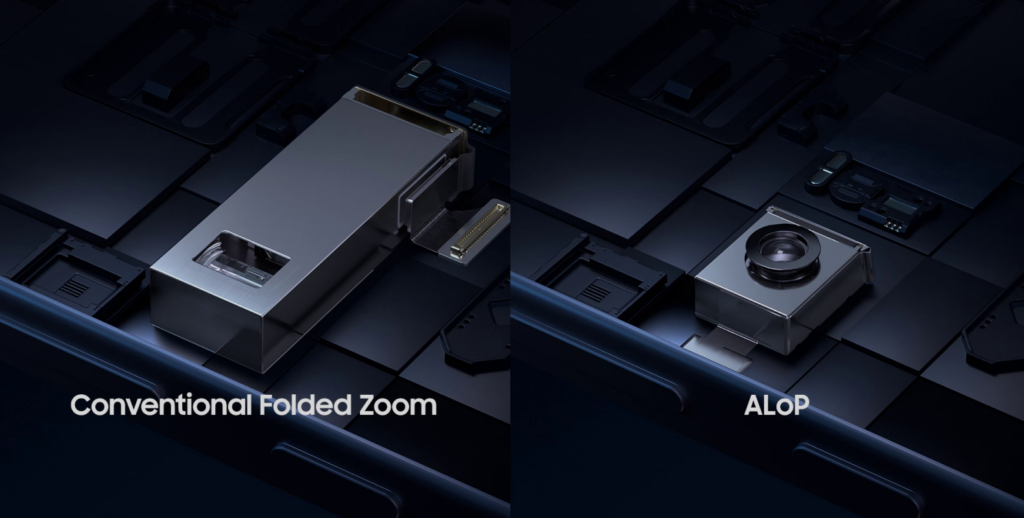

xMEMS, the company that created the first speaker based on a microchip manufacturing processes, is getting set to release its next wave of tiny speakers. Known as Sycamore, the newest model is just 1.13mm thick, and weighs only 150 milligrams, yet it can reproduce full-range sound over short distances. xMEMS’ first version could be used in wireless earbuds to reproduce high frequencies, but needed the help of a dynamic driver for bass. Its second product could do full-range sound, but was still limited to earbuds that seal the ear canal with a silicone tip. Sycamore is the company’s first micro speaker that reproduce full-range sound without the need of a closed, sealed environment. It is also remarkably robust, with an IP58 rating that makes it impervious to water and highly resistant to dust.(Engadget, Digital Trends, Android Central)
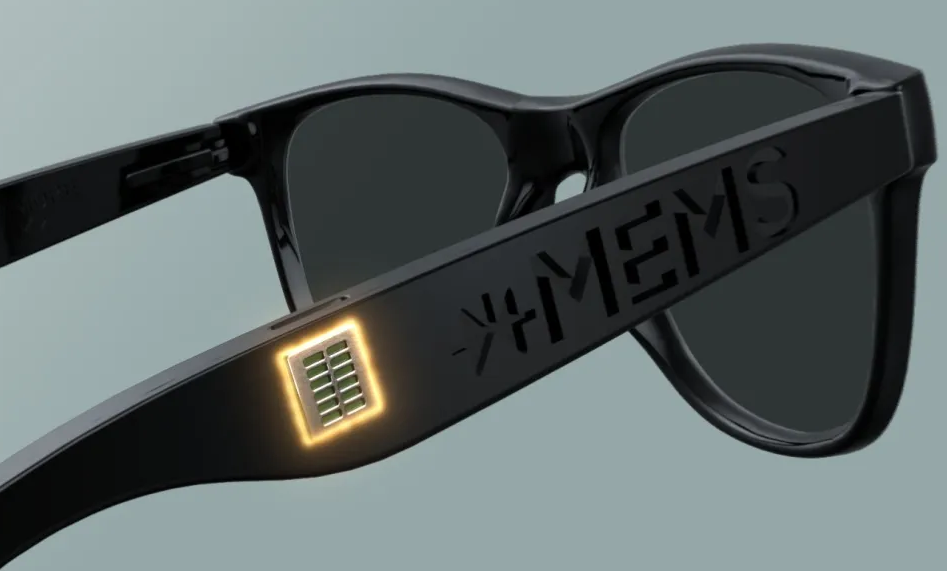

After the Galaxy M55 / C55 / F55 came with 45W, now it is time for Samsung Galaxy A series. Samsung Galaxy A56 is certified in China with support for 45W charging. The phone is set to arrive before Mar 2025. It will have an improved selfie camera while keeping the same 50Mp main + 12Mp ultra-wide + 5Mp macro combination as its predecessor. (GSM Arena, IT Home)
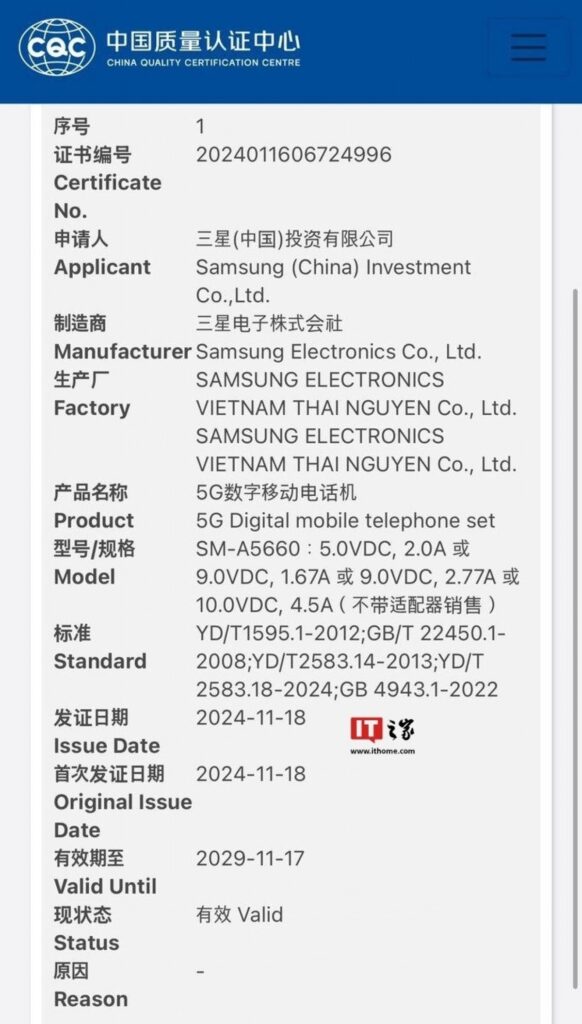
Albemarle, the world’s largest lithium producer, says it is not economically viable to build a supply chain in North America and Europe that could wrest control of critical minerals from China. According to Kent Masters, CEO at Albemarle, attracting investments into the sector is going to be an uphill battle amid the ongoing lithium and rare earths price crash. Masters has pointed out that whereas the Inflation Reduction Act (IRA) includes tax credits to encourage the sourcing of non-Chinese sourced materials and domestic production, the law has so far failed to accelerate the buildout of a supply chain down to the minerals sector. Prices for lithium have fallen more than 80% since the start of 2023, as a global slowdown in electric vehicle sales and a tough macroeconomic backdrop muted demand for the metal while supply continued to grow. Albemarle reported a quarterly loss of USD1.1B earlier Nov 2024 on low lithium prices and reduced its workforce by 6-7% as part of its cost savings plan. Earlier 2024, the company paused its plans to build a USD1.3B refinery in South Carolina and partially halted its expansion in Kemerton, Australia. The company owns the only operating lithium mine in the US in Nevada and is securing permits for a mine in North Carolina. Masters said that the development of that mine depends on “what the economics look like at the time”. (CN Beta, Financial Times, Yahoo)
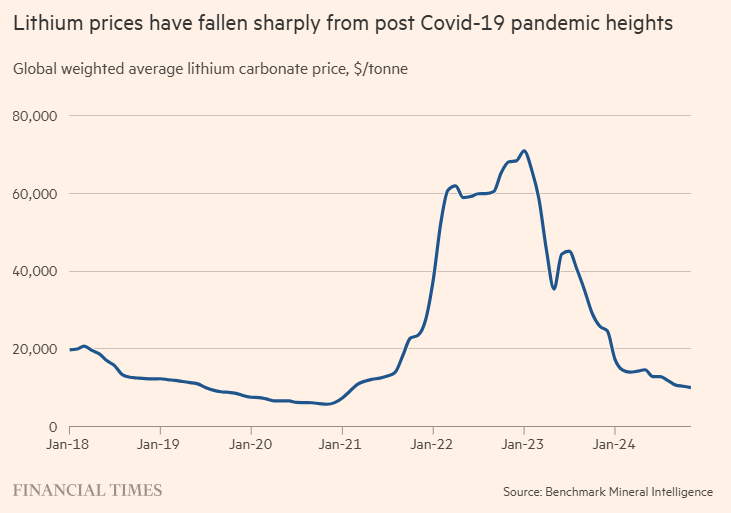

Bloomberg’s Mark Gurman has revealed that Apple AirTag 2, which is codenamed B589, is on track for a 2025 launch and will come with three key upgrades. Apple will offer the AirTag 2 with a new onboard wireless chip, likely the second-generation Ultra-Wideband (U2) chip, which will provide better connectivity and better range, making it easier to locate. Apple will make some privacy improvements on the upcoming model, including a design change that will make removing the onboard speaker more challenging. Apple seems to be adopting this new design to prevent malefactors from using the AirTag as a tool for stalking. (Android Authority, Apple Insider, Bloomberg)
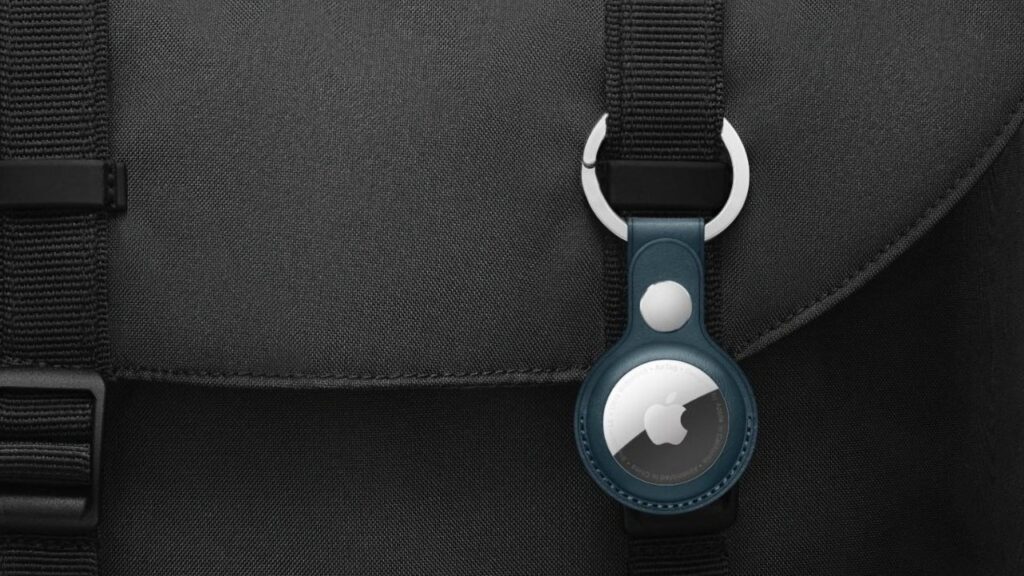
India’s Tata Electronics has reportedly agreed to buy a majority stake in Taiwanese contract manufacturer Pegatron’s only Apple iPhone plant in India, forming a new joint venture that strengthens Tata’s position as an Apple supplier. Tata will hold 60% and run daily operations under the joint venture, while Pegatron will hold the rest and provide technical support. Tata already operates an iPhone assembly plant in the southern state of Karnataka, which it took over from Taiwan’s Wistron in 2023. It is also building another in Hosur in Tamil Nadu, where it also has an iPhone component plant which was involved in a fire incident in Sept 2024. (Apple Insider, Reuters, CN Beta, IT Home)
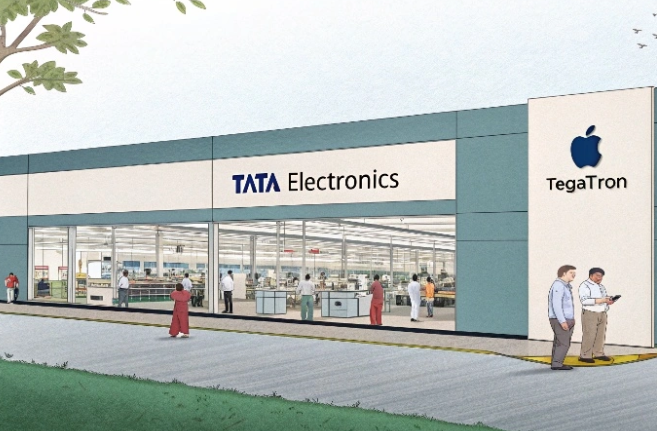
Google is allegedly working on a multi-year project to fully turn Chrome OS into Android, and the end result could be a platform that finally bests Apple iPad. Android as an operating system is designed for smartphones, tablets, smartwatches, TVs, cars, and soon XR glasses, whereas Chrome OS is primarily designed for laptops. Google has tried to add features to both operating systems to bridge that gap. Google wants to unify its operating system efforts. Instead of merging Android and Chrome OS into a new operating system like rumors suggested in the past, however, Google is instead working on fully migrating Chrome OS over to Android. One big benefit behind this unification is that it will mean more apps will be available for Android as there will be more users to target. More users also equals more money for developers, further increasing interest in the platform. (Android Authority, Android Headlines)
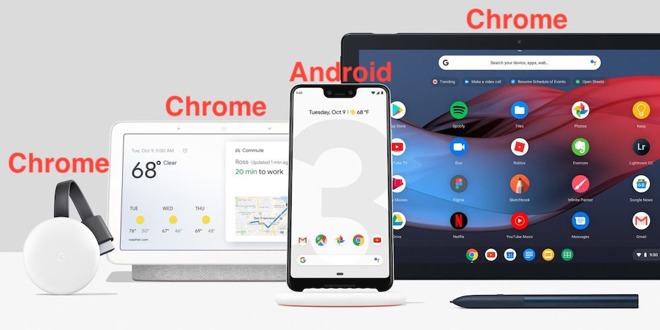
Haitong Securities analyst Jeff Pu has indicated that Apple’s so-called “iPhone 17 Air” will be around 6mm thick. The iPhone 17 Air would become the thinnest iPhone ever, coming in under the current 6.9mm record held by the iPhone 6. The iPhone 17 Air would be around three quarters as thick as any of the iPhone 16 and iPhone 16 Pro models. All models prior to the iPhone 6 were between 7.6mm and 12.3mm thick. Apple will likely unveil the iPhone 17 Air in Sept 2025. (CN Beta, MacRumors)
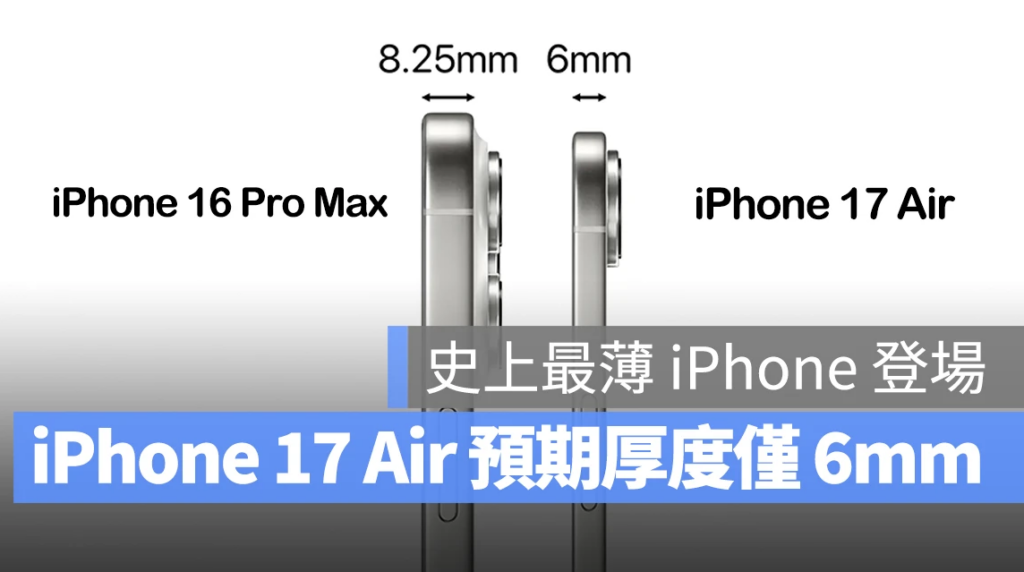

Google is allegedly working on a new high-end laptop that will be under the Pixel branding. The codename for this laptop is “Snowy”, and it is being compared internally with several other high-end laptops. This includes MacBook Pro, Dell XPS, Microsoft Surface Laptop, and the Samsung Galaxy Chromebook. The Google Pixel Laptop will have a premium build as the company is looking to target the premium market, which we can also tell by the options that Google has selected to test this laptop against. It will likely run on Chrome OS. (Android Headlines, GSM Arena)
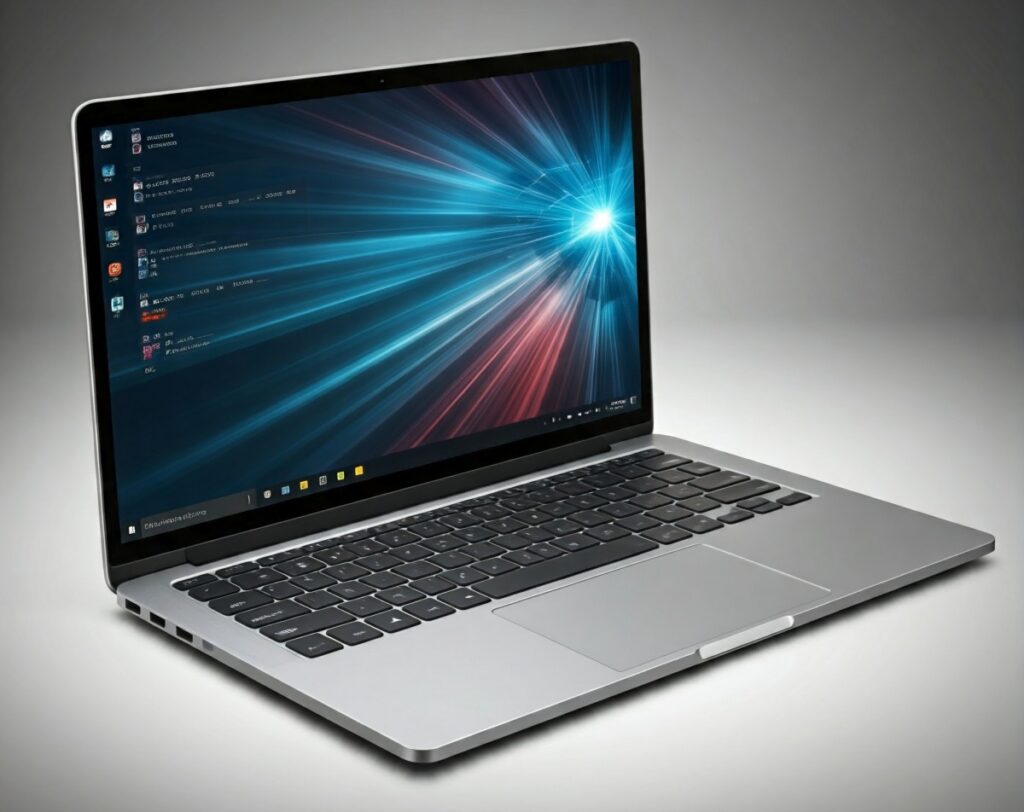
Amazon’s popular Fire HD 8 lineup is getting an upgrade. The company is also adding new generative AI-powered features including Writing Assist, Webpage Summaries, and a Wallpaper Creator to compatible Fire tablets to help customers be more productive and creative throughout their day. Amazon says the Writing Assistant and Wallpaper Creator features will require a recent tablet. Supported models include Amazon Fire Max 11 (2023), Amazon Fire HD 10 (2023) and Amazon Fire HD 8 (2022 or later). The Webpage Summaries feature will be available on select tablets that are as much as six years old. Supported devices include Amazon Fire Max 11 (2023), Amazon Fire HD 10 (2019 or later) and Amazon Fire HD 8 (2018 or later).(Liliputing, Amazon)
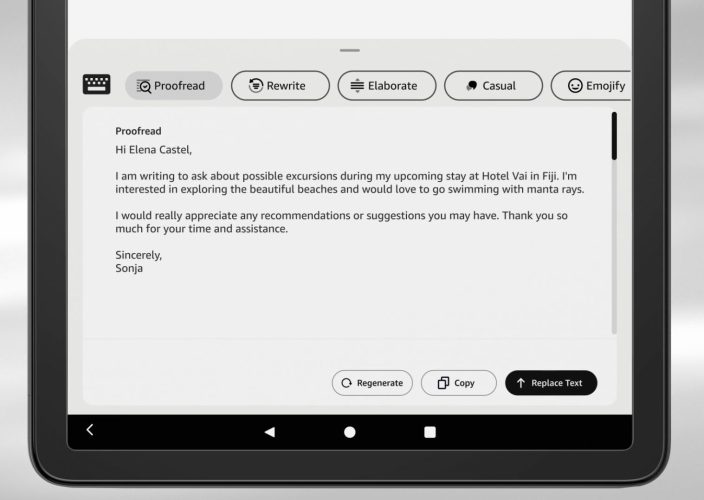
Google has allegedly canceled the development of its Pixel Tablet 3, which is internally known as “Kiyomi”. This development follows Google’s recent efforts in the tablet market, including the launch of the Pixel Tablet in 2023. Canceling the Pixel Tablet 3 significantly shifts Google’s hardware roadmap. Information about this strategic change has begun to circulate. This typically indicates that the decision is final and has moved beyond internal discussions to affecting external partnerships. (Android Headlines)


Bose has acquired the McIntosh Group, the high-end and iconic U.S. audio brand that also owns the Italian premium speaker make Sonus faber. The McIntosh Group manufactures high-end amplifiers, speakers, turntables and other audio products. Bose will continue to develop products and experiences in popular categories like headphones, speakers, soundbars and car audio while advancing critical technologies such as noise cancellation, hearing augmentation and immersive audio. McIntosh and Sonus faber will maintain a focus on amplifiers, loudspeakers, turntables and other high-end products. Together, the brands will deliver new products, bespoke offerings and listening experiences for music lovers around the world.(CN Beta, CNBC, Forbes, Bose)
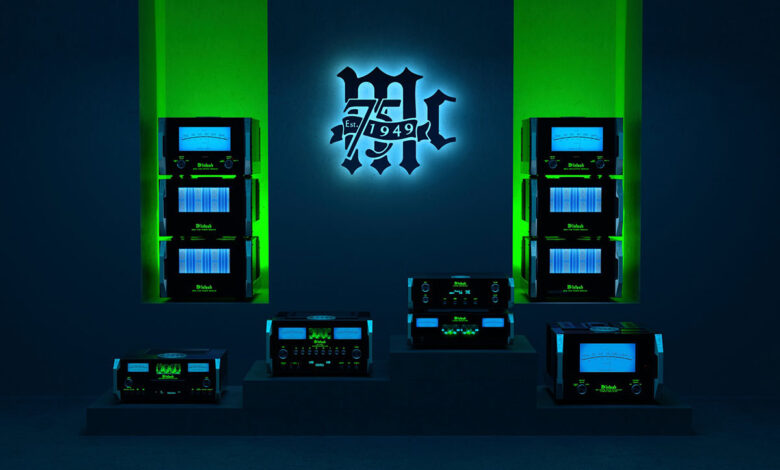

The Canadian government is opening the Canadian Artificial Intelligence Safety Institute, making it one of the first countries to do so after world leaders agreed at a summit in Seoul in May 2023 that a network of publicly funded safety institutes was needed to study and test AI. The center will cost CAD50M over 5 years, with funding to come from the CAD2.4B earmarked for AI funding in the current federal budget. Canada’s Minister of Innovation, Science and Industry François-Philippe Champagne says the centre will be important for building public trust in artificial intelligence technology. (Android Central, CTV News)
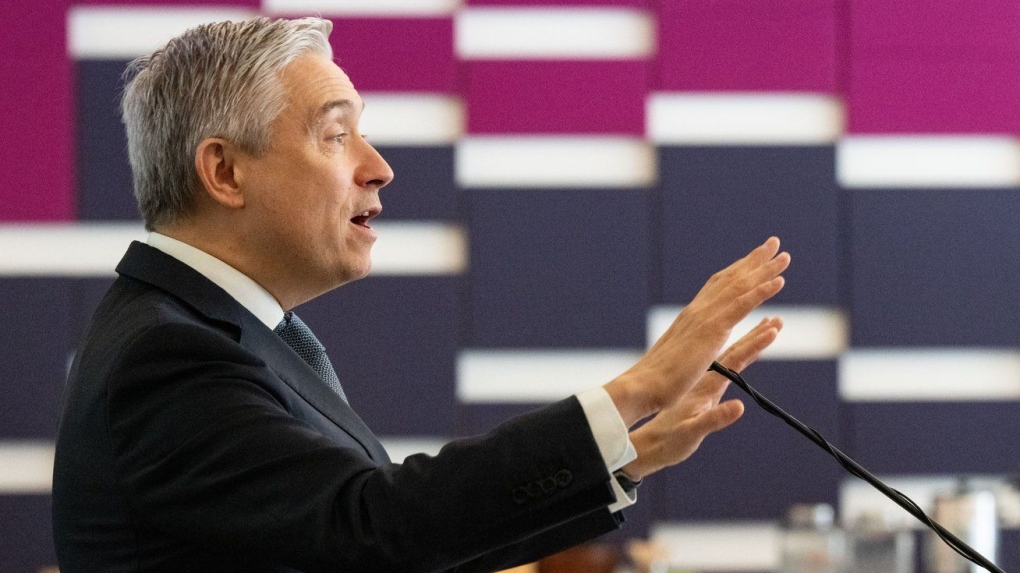
French AI startup Mistral has released a slew of updates to its product portfolio. The company is further upgrading its free web-chased chatbot, Le Chat, adding image generation, web search, and an interactive “canvas”, matching the features of, and turning it into a more serious and direct competitor to OpenAI’s ChatGPT. Pixtral Large, Mistral’s new 124B -parameter model, builds upon its predecessor, Mistral Large 2, unveiled over the summer 2024, as well as its first multimodal model, Pixtral 12-B, released in Sept 2024. It includes a 123B -parameter decoder and a 1B -parameter vision encoder, enabling it to excel in both text and visual data processing. At the center of Mistral’s AI tools is Le Chat, a free platform now enhanced with new features powered by Pixtral Large. Designed for diverse use cases like research, ideation, and automation, Le Chat integrates text, vision, and interactive functionalities into a seamless productivity experience. (CN Beta, Mistral.AI, TechCrunch, VentureBeat)
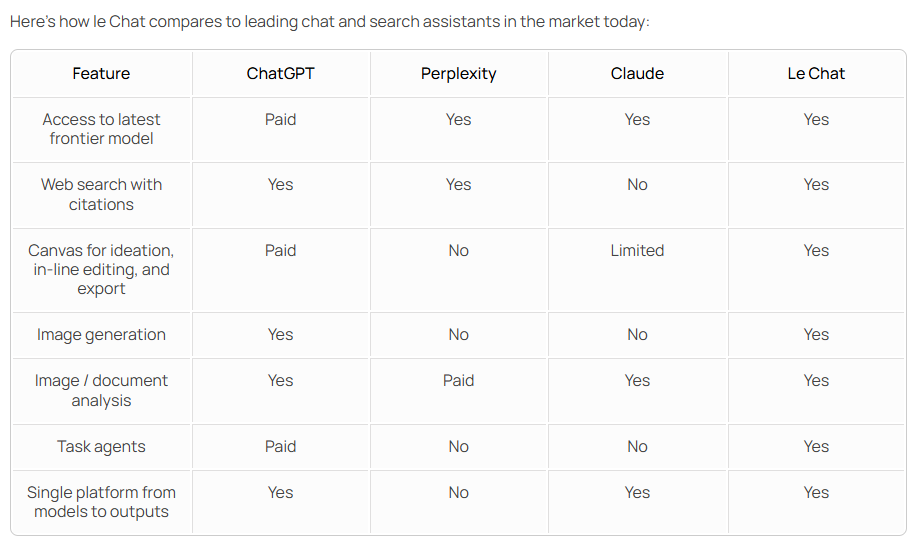
The UK’s competition regulator has cleared Google’s USD2B investment in Anthropic. The Competition and Markets Authority (CMA) has officially concluded that the company hasnhas not acquired “material influence” over the AI startup Anthropic as a result of the investment. Google’s investment into Anthropic gives the company non-voting shares and consultation rights on significant business issues. Anthropic is best known for creating the Claude AI assistant, which is in direct competition with Google Gemini. Earlier 2024, the CMA expressed concern regarding the “interconnected web” of partnerships and investments in the rapidly advancing world of AI. (Android Headlines, Engadget, Bloomberg, Yahoo, CMA)
